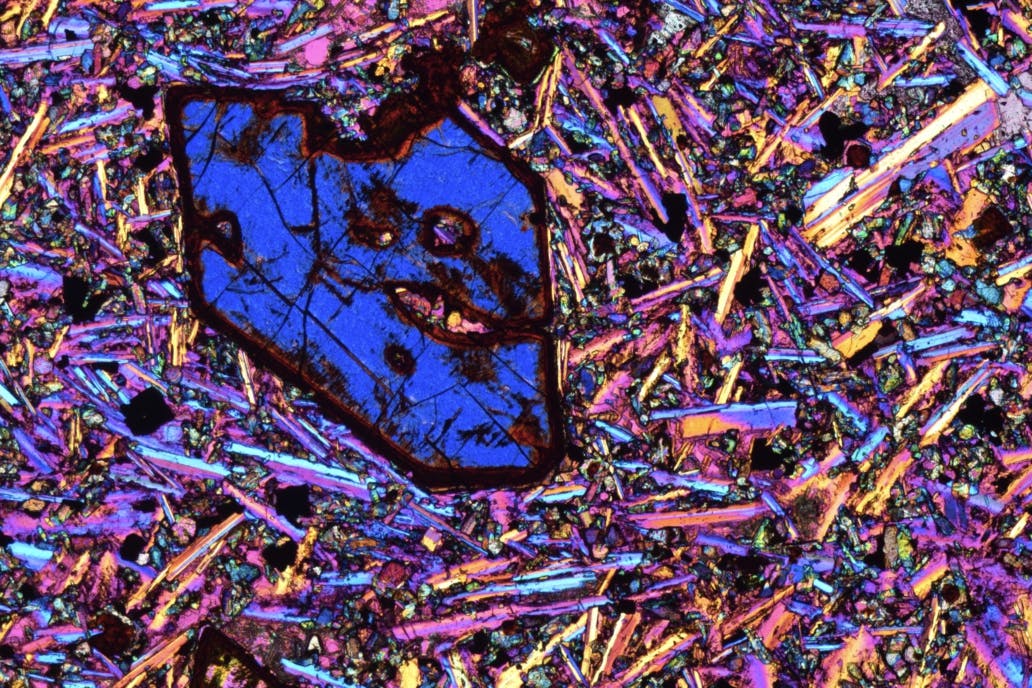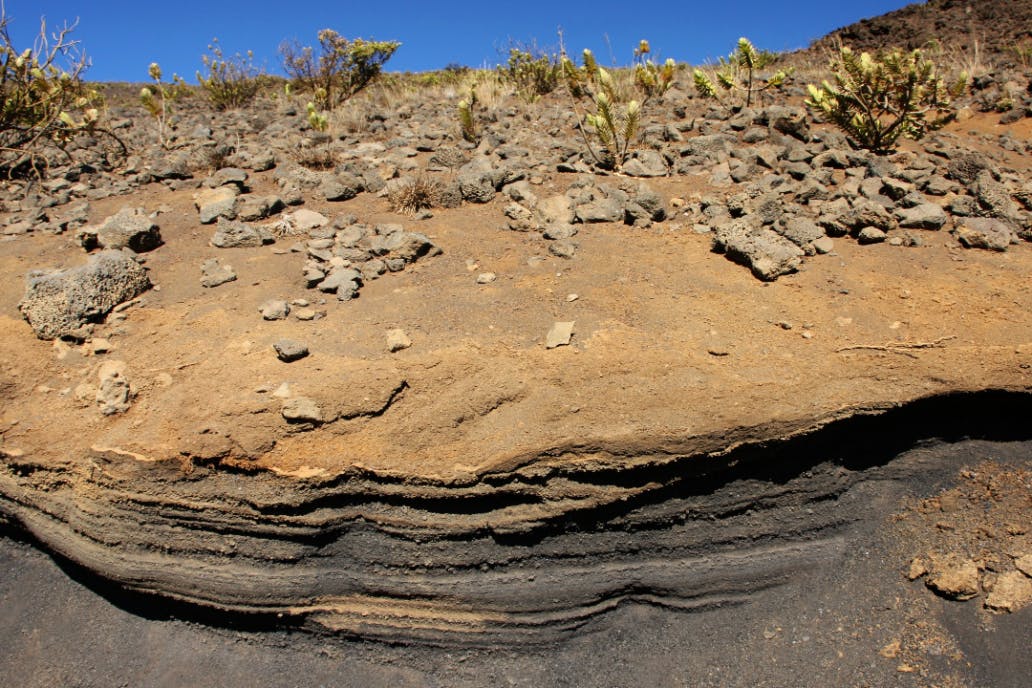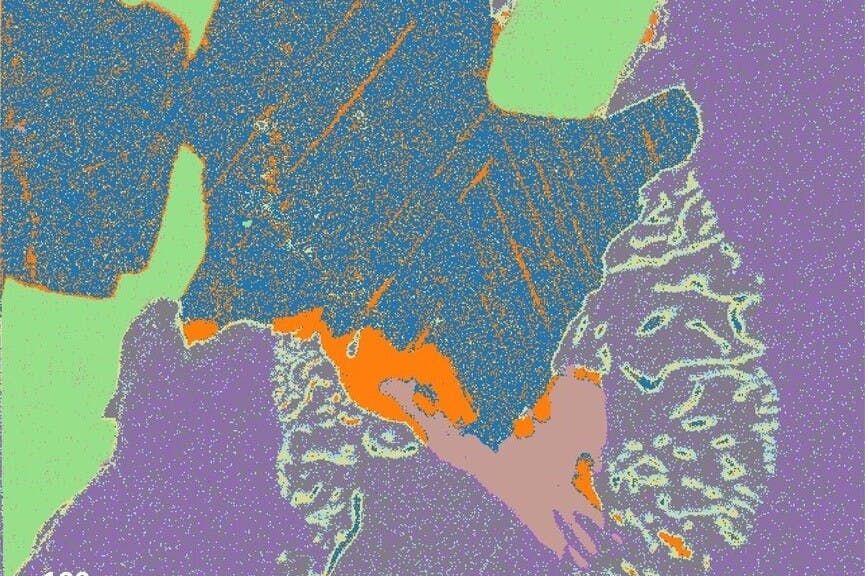
Experimental Petrology
Trace Element Partitioning and Liquid-Solid Phase Equilibria Experiment Data
The experimental petrology community aims to provide a transparent and accessible resource of experimental partitioning data for the community. It now includes the experimental trace element partitioning data from more than 5400 experiments, including the experimental conditions, and the major and trace element composition of the phases.
Getting Started
Data Submission Workflow
Please review the guidelines for the submission templates below. These data templates are meant to facilitate and standardize data reporting, following the best practices identified by the experimental petrology community. Before you submit your data to the EarthChem Library, please ensure that you have the relevant method and sample information, as outlined above.
In addition, ensure that your submission is in compliance with ECL's Submission Guidelines and Policies to ensure the most efficient curation process.
Metadata Requirements
The following information is considered the minimum required metadata that should be provided with experimental petrology data upon submission to ECL for reproducibility.
Having these metadata is also a requirement for the data to be added to LEPR.
- Citation where data is reported and interpreted
- Laboratory where analyses were performed
- Unique name for each experiment
- Run Temperature
- Pressure
- Time
- Device
- Capsule
- fO2
- Major element content for phases
- Trace element content for phases (not just partition coefficients)
- Error for each measurement
Additional recommended metadata includes but is not limited to:
- Images displaying location for analyses
- Individual analyses (not averages)
- Standards for each element
- Analytical error (counting statistics) for each measurement
- Detection limits for each element
LEPR/TraceDs Controlled Vocabulary Lists
In order for the database to connect the components of the experiments, and for the search function to work properly, it is important that we use a consistent set of descriptors and abbreviations. These are provided on GitHub through the PyLEPR wiki.
LEPR/TraceDs Template
The LEPR/TraceDs template was designed to provide structure for the data we produce. The template includes a description of the type and form of the data present in the TraceDs database. We recommend that users download the template and read the instructions and readme tab first. Once the basic content is clear, users can read the specific descriptions in the columns for the experimental conditions, liquid, and phase tabs. This will help in gaining an understanding of the data format before one attempts to process the mineral specific spreadsheets available below. The template is also suitable for datasets that can be incorporated in LEPR.
About LEPR/TraceDs
LEPR/TraceDs is a database of published experimental studies involving phase equilibria relevant to natural systems. The database includes studies of experiments documenting major elemental partitioning in magmatic systems and trace element partitioning between silicate liquids, mineral phases, and aqueous solutions.







